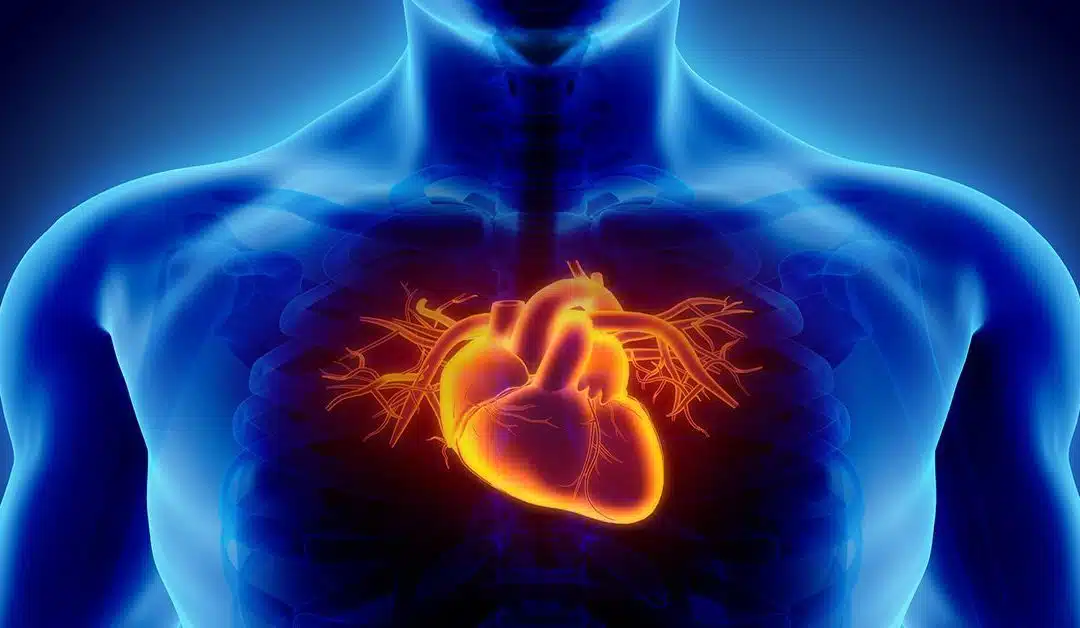Feeling constantly bloated, battling brain fog, or experiencing energy crashes? These could be signs of an imbalanced gut. Gut health importance is often overlooked, but it’s central to overall wellness.
A balanced gut impacts nearly every aspect of your health. The gut serves as the foundation of your well-being.
The Foundation of Everything: Why Gut Health Matters
Your gut does much more than digest food. It’s a complex system, sometimes called the “second brain,” significantly affecting daily life.
The gastrointestinal system is command central for absorbing nutrients. It breaks down food, ensuring you get vital vitamins and minerals. When this system functions correctly, nutrients are distributed throughout the body.
It Starts Young
The impact of gut health is evident from the start of life. Research shows that this bacterial world begins developing in the womb, with additional bacteria introduced after birth.
Babies receive initial gut bacteria through breast milk. These bacteria help digest sugars that promote growth.
The Good, the Bad, and the Balance
Your gut is like a bustling city of microbes. It contains a microbiome consisting of bacteria, viruses, and fungi. The diversity here greatly influences how you feel.
A diverse microbiome is seen as beneficial for general health. Microbes play an important role in keeping you healthy.
Gut Health and Your Immune System: The Dynamic Duo
A significant portion of your immune system is in the gut, working to fight infections. Research at UMass Chan Medical School indicates beneficial microbes trigger cells to produce proteins that counteract disease. Beneficial gut flora strengthen the gut lining.
These flora maintain the gut’s pH, making it acidic and difficult for harmful bacteria to thrive. If this balance is disrupted, harmful bacteria can enter, and inflammation may increase.
The Unexpected Connection Between Gut Health and Your Heart
Poor health is often linked to stress, diet, and genetics. It’s crucial to remember that a healthy gut biome contributes to heart health.
Healthy microbes can positively influence cholesterol levels. A 1500-person analysis revealed that a healthy gut plays a significant role in HDL cholesterol and triglyceride levels.
However, harmful bacteria can negatively affect overall well-being. Certain harmful gut microbes are linked to increased risks of heart-related problems.
The Gut-Brain Connection: It’s Real
The digestive system isn’t isolated, and “gut feelings” aren’t just random occurrences. These sensations have scientific backing.
Your gut produces essential neurotransmitters. Chemicals like serotonin, commonly associated with the brain, are also produced in the digestive system.
Mental Health, Gut Health, A Surprising Duo
Communication between the gut and brain is like a phone line. The central nervous system interacts directly with your microbiome, significantly impacting cognitive function.
Studies show that emotions can be directly influenced by messages from the gut. Improving gut health can positively affect emotional balance.
Research indicates that addressing digestive wellness can improve symptoms of depression and anxiety. Improving your gut health can lead to greater mental clarity.
Beyond Digestion: Gut Health and The Body’s Weight
Research shows an imbalanced gut microbiome is important. It is a vital area we should focus on for overall fitness.
Gut dysbiosis, an imbalance of good and bad bacteria, affects the entire body. This impacts physical fitness and metabolic health. Addressing gut health can greatly improve weight management.
Research, including twin studies, shows a link to obesity. Microbial imbalances can hinder weight loss.
Spotting Red Flags: Gut Issues
How can you tell if your internal balance is optimal? Persistent gas, bloating, and irregular bowel movements could indicate a problem. These symptoms should not be ignored.
Frequent infections could signal that the immune system is receiving poor communication from the gut. Feeling tired, even with adequate rest, could warrant further investigation.
| Symptom | Description |
|---|---|
| Digestive Discomfort | Persistent gas, bloating, and irregular bowel habits. |
| Frequent Infections | Increased susceptibility to colds, flu, and other illnesses. |
| Fatigue | Persistent tiredness, even after sufficient sleep. |
| Skin Irritations | Conditions like eczema or acne could be linked to gut health. |
Practical Steps To a Happier Gut
Improving your gut health can feel overwhelming. But, building a healthy ecosystem starts with small, repeatable actions, like incorporating gut-friendly foods into your diet.
Diet Makes all the Difference:
The food you eat has a big impact. Consuming whole, natural foods is essential, and avoiding processed foods improves wellness. Prioritize meals featuring whole vegetables, fiber-rich legumes, and fruits.
Fiber is extremely beneficial. Foods rich in fiber support regular bowel movements. They can reduce the risk of chronic conditions like weight gain, diabetes, and heart disease.
Prebiotics can provide additional support. Foods like rye and oats offer fuel, helping beneficial species in our system thrive. Aim for around 30 different types of plants in your diet to support a diverse microbiome.
Limiting artificial sweeteners and additives is equally important. These sweeteners can disrupt the gut’s natural balance.
Probiotics and Gut Health: What Works
Probiotics can help with many gut health issues. Adding foods like kefir, yogurt, or sauerkraut provides beneficial strains like Lactobacilli. Certain probiotics can also reduce symptoms of digestive conditions.
Beyond the Plate: Stress, Sleep, Lifestyle
Improving wellness goes beyond supplements. Managing stress is vital. Reducing worry and practicing mindfulness can help the body respond better. Getting sufficient sleep and staying active are also important for well-being.
| Change | Benefit |
|---|---|
| Stress Management | Reduces inflammation and supports a balanced microbiome. |
| Sufficient Sleep | Allows the body to repair and regenerate, promoting gut health. |
| Regular Exercise | Improves gut motility and microbial diversity. |
Conclusion
Your body deserves attention. Ignoring digestive issues isn’t beneficial for you. By recognizing gut health importance, we can make informed choices that improve our overall well-being and those around us.
Eat a varied diet rich in plant-based foods. Avoid artificial ingredients and processed foods. Prioritize stress reduction and adequate sleep. Gut health importance really centers on the total you, both body and mind.








